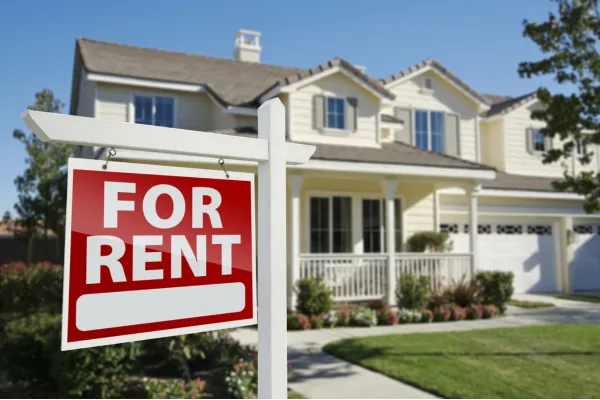The Property Pulse Blog
Welcome to "The Property Perspective," where expert insights meet real estate innovation, empowering you to navigate the market with confidence.

Can You Invest in Real Estate with Rentals?
Real estate has long been hailed as one of the most reliable ways to build wealth—and rental properties are at the heart of this investment strategy. But can you really invest in real estate with rentals and turn a profit? The short answer is yes—but it’s not as simple as buying a house and waiting for the money to roll in.
In this article, we’ll break down how rental property investing works, the benefits it offers, and what you need to consider before diving in.
Why Rental Properties?
Rental real estate involves purchasing a property—such as a single-family home, condo, duplex, or even an apartment complex—and leasing it out to tenants. In return, you earn rental income each month. But that’s just the beginning. Rental properties offer several layers of financial benefit:
Cash Flow: This is the money left over after all expenses (mortgage, taxes, maintenance, etc.) are paid. A well-managed property should generate positive monthly cash flow.
Appreciation: Over time, real estate typically increases in value. This means your property may be worth significantly more when you decide to sell.
Tax Advantages: Investors can take advantage of tax deductions on mortgage interest, property taxes, repairs, depreciation, and more.
Loan Paydown: As tenants pay rent, part of that money goes toward the mortgage, gradually building your equity in the property.
How to Get Started
While real estate can be a lucrative venture, jumping in without preparation can lead to costly mistakes. Here are a few steps to help you get started with rental property investing:
1. Do Your Homework
Start by understanding your local real estate market. Look at average rental rates, property values, neighborhood trends, and vacancy rates. Some areas are better suited for long-term rentals, while others may be more profitable for short-term or vacation rentals.
2. Secure Financing
Unless you're paying in cash, you'll need financing. A traditional mortgage, FHA loan, or investment loan are all options depending on your financial situation. Keep in mind that lenders may require a larger down payment (often 20-25%) for investment properties.
3. Choose the Right Property
Look for properties that are in good condition, located in desirable areas, and have potential for positive cash flow. A fixer-upper might seem like a deal, but consider whether you have the time and resources to handle renovations.
4. Manage Effectively
Managing tenants, collecting rent, handling repairs, and complying with local landlord-tenant laws can be a full-time job. You can do it yourself or hire a property management company to take care of the day-to-day operations.
Common Challenges (and How to Overcome Them)
Investing in rentals isn’t without its hurdles. Here are a few common challenges and how to address them:
Vacancies: No tenant means no income. Minimize this risk by marketing effectively and keeping your property in good shape.
Maintenance Costs: Unexpected repairs can eat into your profits. Always budget for maintenance and set aside an emergency fund.
Difficult Tenants: Screening tenants thoroughly and using a strong lease agreement can help avoid most issues.
Is It Worth It?
So, can you invest in real estate with rentals? Absolutely. But like any investment, it requires education, planning, and a long-term mindset. Rental properties can provide steady income, build long-term wealth, and offer tax benefits—but only if you approach it with a clear strategy and realistic expectations.
If you're ready to start your journey in real estate investing, take it one step at a time. Educate yourself, consult with experts, and start small if needed. With patience and persistence, your first rental property could be the start of something big.

Secure & Prestigious Closing Experiences for Real Estate Professionals and Property Owners.
Contact Us
Address:
700 Pennsylvania Avenue, S.E., 2nd Floor
Washington, D.C. 20003
Phone:
202.830.0024
Copyright © 2024 TTG Title Group

